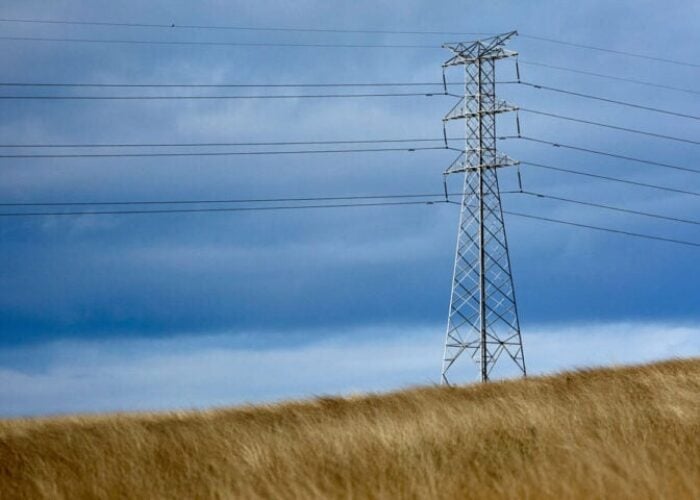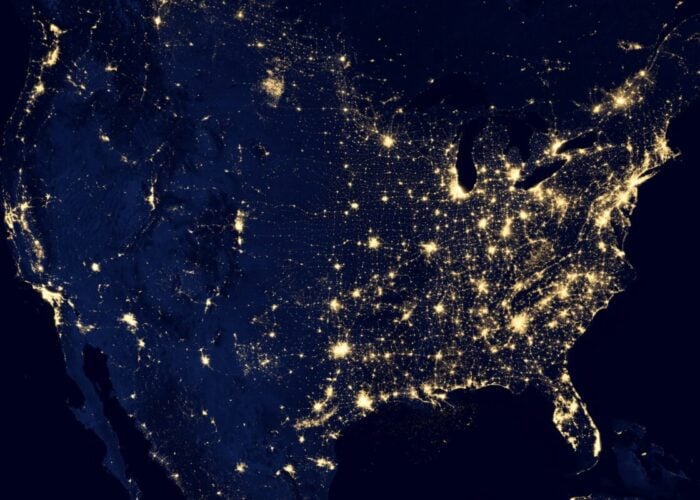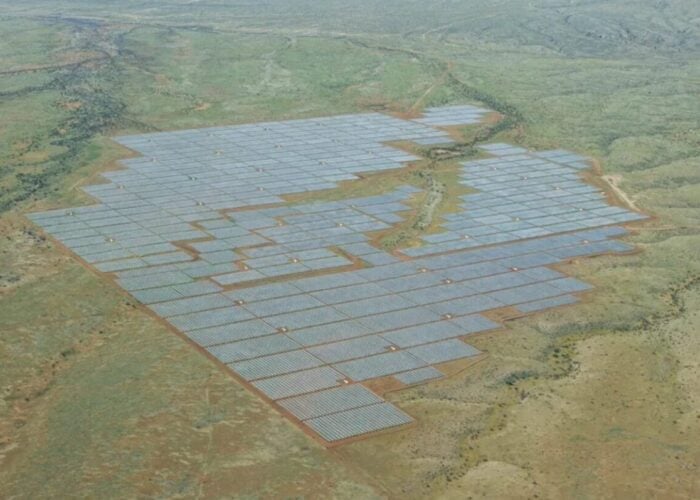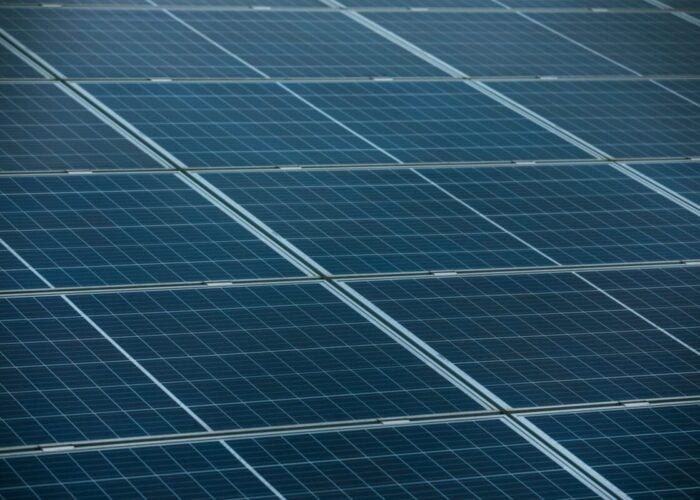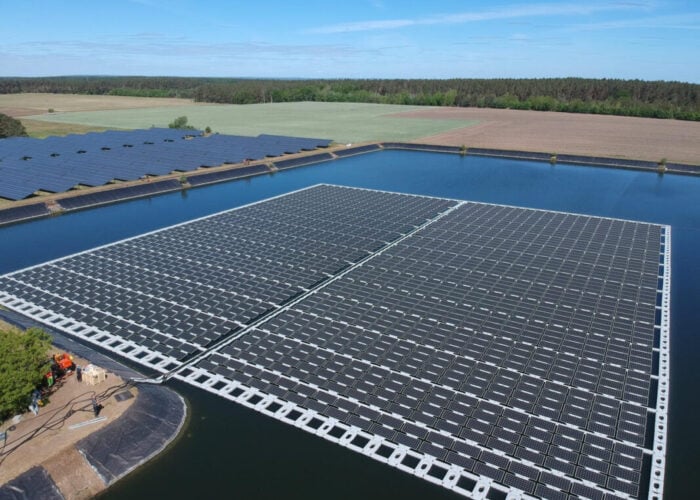Australia’s Clean Energy Regulator has uncovered no unsafe modules in more than 13,000 tests, despite media reports that the market was inundated with “cheap and dodgy” panels.
A series of stories by Fairfax Media, publisher of the Sydney Morning Herald, have covered alleged safety and performance issues and a subsequent request by environment minister Greg Hunt for the industry to investigate.
Unlock unlimited access for 12 whole months of distinctive global analysis
Photovoltaics International is now included.
- Regular insight and analysis of the industry’s biggest developments
- In-depth interviews with the industry’s leading figures
- Unlimited digital access to the PV Tech Power journal catalogue
- Unlimited digital access to the Photovoltaics International journal catalogue
- Access to more than 1,000 technical papers
- Discounts on Solar Media’s portfolio of events, in-person and virtual
According to the paper one in four people with solar installations had experienced problems while headline referred to “cheap and dodgy panels”, “shoddy solar systems” and “wasted subsidies”. No evidence of safety problems was presented but an “explosion of cheap, mainly Chinese-produced solar panels” was alluded to.
But at a parliamentary committee meeting this week, Mark Williamson, acting executive general manager at the Clean Energy Regulator, said that in 13,000 tests, not one safety issue with a panel had been uncovered.
“So far, in the long run since that inspection programme has been going, we have carried out 13,105 inspections and the unsafe rate in that long run has been 3.9%,” he told a panel of senators. “The vast majority of those unsafe systems have been related to water ingress into DC isolators, which are, essentially, switches.”
“In our reading of those articles on the weekend, we did not see any firm or clear allegations on safety with respect to panels. In fact, of those 13,000 inspections, we have not had one fail as unsafe due to the panel itself being unsafe in the view of the inspector.”
He also claimed that studies into generation date from Australian PV systems suggested that actual output was within 4% of the expected figure.
Meanwhile, the Australian Solar Council’s CEO John Grimes responded to minister Hunt’s request for an inquiry, pointing out that while the industry undertook a number of self-policing initiatives, responsibility for enforcement lay elsewhere.
“…Solar PV installer accreditation is managed by the CEC [Clean Energy Council] through a monopoly provision enshrined in legislation. Even so, as a responsible consumer and community focused industry peak body the Solar Council has been, and remains committed to, the highest levels of solar system safety and quality in the Australian market,” he wrote.
“Your letter seems to suggest your government is not keen to accept its clear responsibilities on trade practices and consumer law. In it you attempt to place a compliance and consumer protection burden on industry that is neither appropriate nor warranted,” added Grimes.

